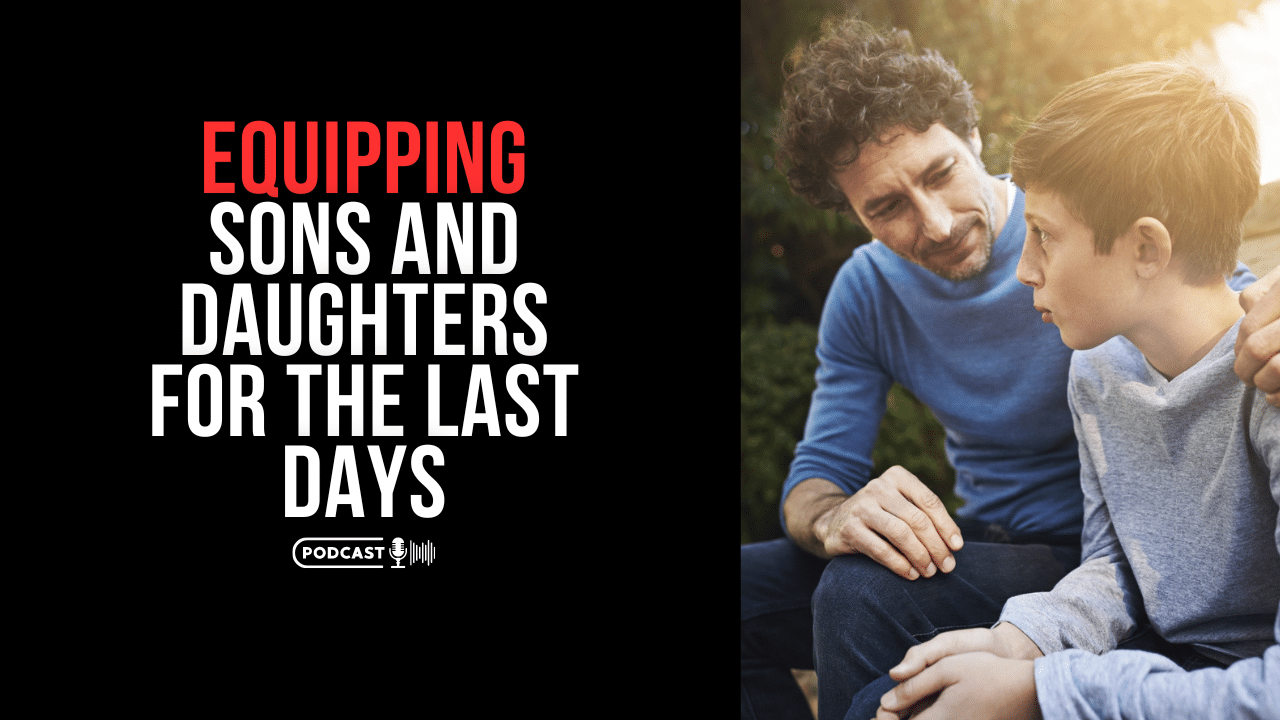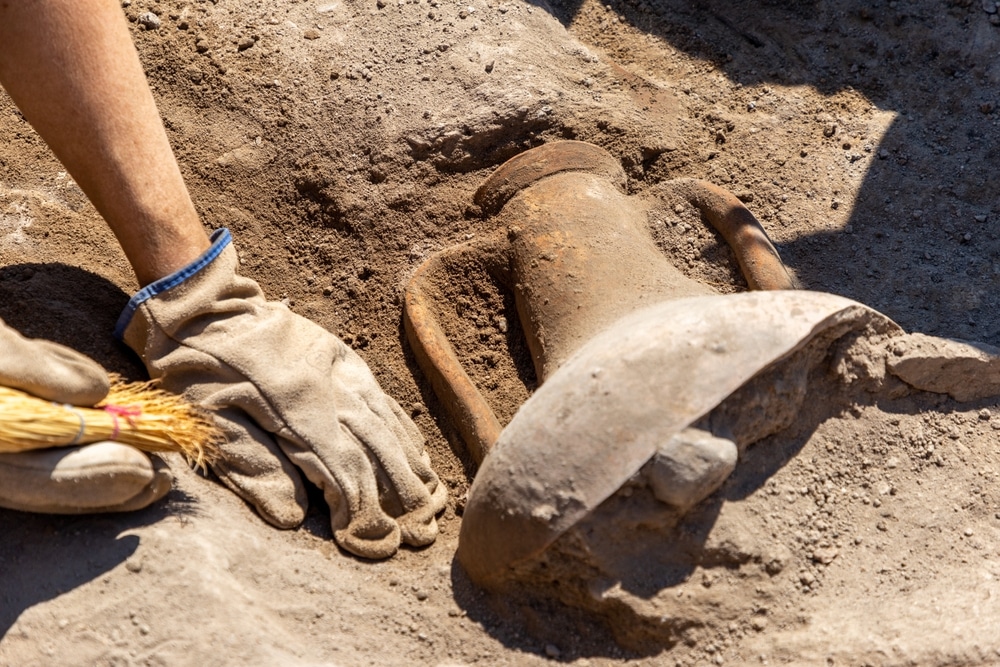Accelerated aging — when someone’s biological age is more significant than their chronological age — could increase the risk of cancer tumors.
That’s according to new research presented this week at the American Association for Cancer Research (AACR) Annual Meeting in San Diego, California.
“Historically, both cancer and aging have been viewed primarily as concerns for older populations,” Ruiyi Tian, MPH, a graduate student at Washington University School of Medicine in St. Louis and one of the study researchers, told Fox News Digital.
“The realization that cancer, and now aging, are becoming significant issues for younger demographics over the past decades was unexpected.” In the study, diagnoses in patients younger than 55 years old were considered early-onset cancers.
They estimated each person’s biological age using nine blood biomarkers and then compared that to their chronological age.
Those with a higher biological age had a 42% increased risk of early-onset lung cancer, were 22% more prone to early-onset gastrointestinal cancer, and had a 36% higher risk for early-onset uterine cancer.
The researchers also determined that people born after 1965 were 17% more likely to experience accelerated aging than those born in earlier decades.
“The principal findings highlight that accelerated aging is increasingly prevalent among successive birth cohorts, potentially serving as a crucial risk factor or mediator for various environmental and lifestyle-related risk factors leading to early-onset cancer,” Tian said in an email to Fox News Digital.
He added, “This discovery challenges us to reconsider the underlying causes of the increasing incidence of early-onset cancers among newer generations.”
















